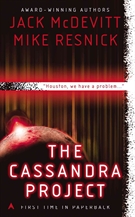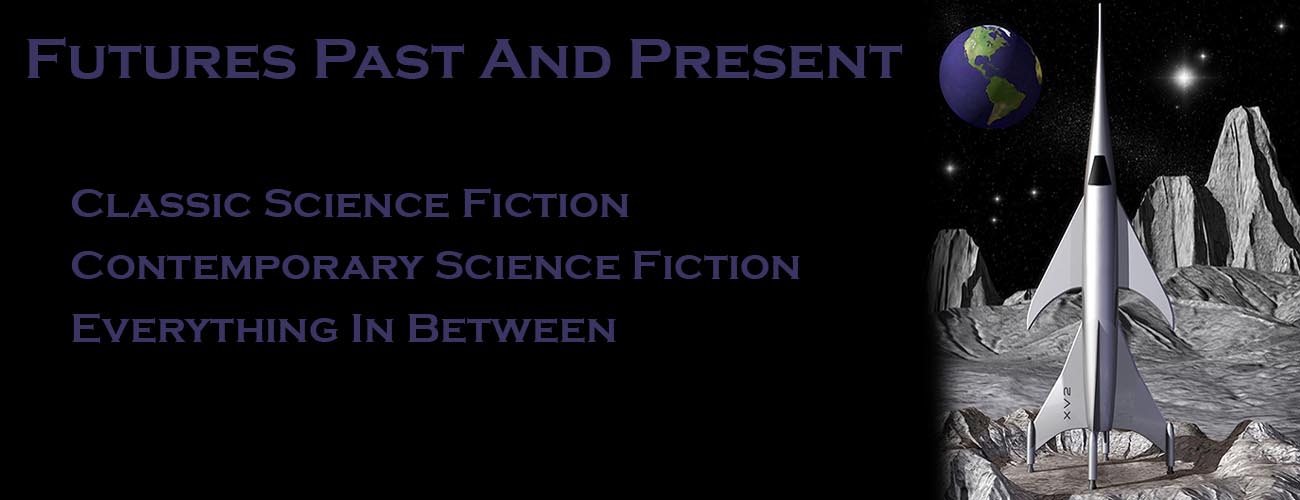 The Cassandra Project
The Cassandra Project
Jack McDevitt & Mike Resnick
Ace Books, mmp, 343 p., $7.99
ebook $7.99 Kindle Nook
I’ve been a big fan of both of these authors for years, so it was with high expectations that I approached The Cassandra Project. Now the thing to keep in mind is that collaborations rarely read like the work of either author involved. In the best cases, the result is something that surpasses what either author could produce on their own. A prime example of this would be the works of Niven and Pournelle or Pohl and Kornbluth. On the other hand, when the collaboration doesn’t work, the results can be downright awful.
Fortunately, the work under consideration here is much more of the former than the latter, even if it doesn’t quite rise to the level of Niven/Pournelle or Phol/Kornbluth. I’ll say more about that shortly. First, here’s the setup.
Jerry Culpepper is the face and voice of NASA. His job as press agent puts him in the spotlight. So when a reporter asks him a question about some recently released tapes from the Apollo program and the possibility that Neil Armstrong wasn’t the first person to walk on the Moon, he inadvertantly opens a door that will change his life and history forever.
Bucky Blackstone is a self-made billionaire who is planning his own Moon launch. His imagination is fired with the possibility that there could have been Moon landings earlier than what is recorded in the historical record. He sets out to prove that the government is lying when it denies Americans walked on the Moon before Neil Armstrong.
McDevitt’s novels are often mysteries in science fiction drag (that’s a compliment, btw), with intricate plots that unfold in a highly satisfying way. Resnick’s work is usually pretty fast paced. So I was a little surprised to find The Cassandra Project to be something of a slow read. The way the story initially develops, something is discovered that raises questions about the historically accepted narrative. Those questions are dealt with, but then something about the explanation raises more questions.
I think the pace may be in part due to the type of novel this is. The authors strive for a sense of realism, and for the most part, they succeed. Things do begin to pick up. The ending resolves the main mystery but leaves enough unanswered questions to be both satisfying and leave the reader wanting more.
While not quite the type of novel I expect from either McDevitt or Resnick, I found The Cassandra Project to be enjoyable and satisfying. I’m hoping the authors will collaborate again.
